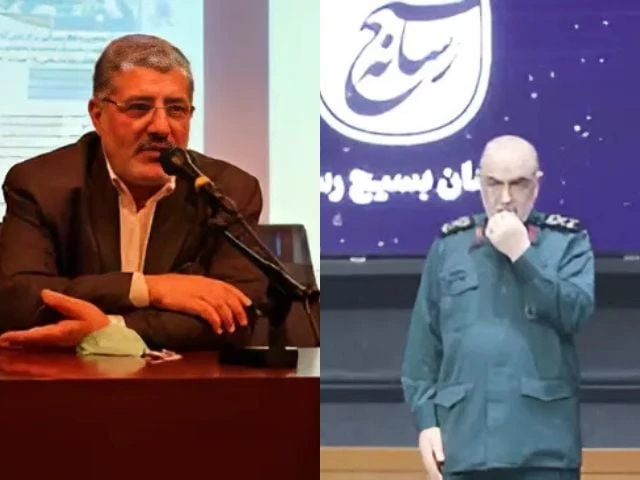Six Iranian nuclear scientists were killed in a major Israeli airstrike on Friday, marking a significant escalation in the ongoing conflict between Israel and Iran. The semi-official Tasnim news agency identified the victims as Abdulhamid Minouchehr, Ahmadreza Zolfaghari, Seyyed Amirhossein Faqhi, Motablizadeh, Mohammad Mehdi Tehranchi, and Fereydoun Abbasi.
Each played a critical role in Iran’s nuclear program. Minouchehr oversaw logistics at a key enrichment site, while Zolfaghari specialized in uranium processing. Faqhi contributed to centrifuge calibration and enrichment processes, and Motablizadeh, though less publicly known, was likely involved in lab research. Tehranchi, also a university president, promoted nuclear education, and Abbasi, a former chief of the Atomic Energy Organization of Iran, was a prominent figure with past UN sanctions for his alleged role in Iran’s suspected weapons development.
Israel’s large-scale offensive, called Operation Rising Lion, targeted Iran’s nuclear facilities, missile production factories, and military infrastructure under the claim of preventing nuclear weapon development. Iranian media reported widespread destruction, including a deadly strike on the Natanz uranium enrichment facility and attacks that killed civilians, including children, in Tehran.
READ MORE:
Iran’s Revolutionary Guard Commander Hossein Salami and Other High Officials Martyred in Israeli Airstrike
Among the casualties was Major General Hossein Salami, commander of the Islamic Revolutionary Guard Corps (IRGC), who was reportedly assassinated during the assault. IRGC headquarters in Tehran were also hit.
Prime Minister Benjamin Netanyahu defended the operation as vital to Israel’s security, declaring that it would continue until the Iranian threat was neutralized. Tel Aviv’s Ben Gurion Airport has been shut down, and Israel remains on high alert for Iranian retaliation.
Iran’s Supreme Leader Ayatollah Ali Khamenei condemned the Israeli assault as a “bloody crime” and vowed severe punishment. He accused Israel of trying to sabotage Iran’s scientific and technological progress through targeted killings and military aggression.
Although the U.S. was accused of supporting the strike, President Donald Trump and U.S. officials denied any involvement, emphasizing the need to protect American forces in the region. Still, the White House called a National Security Council meeting to assess the situation.
As tensions rise and global markets react, fears of a broader regional war continue to mount. Iran has requested an emergency session of the UN Security Council to address what it calls Israeli terrorism.




